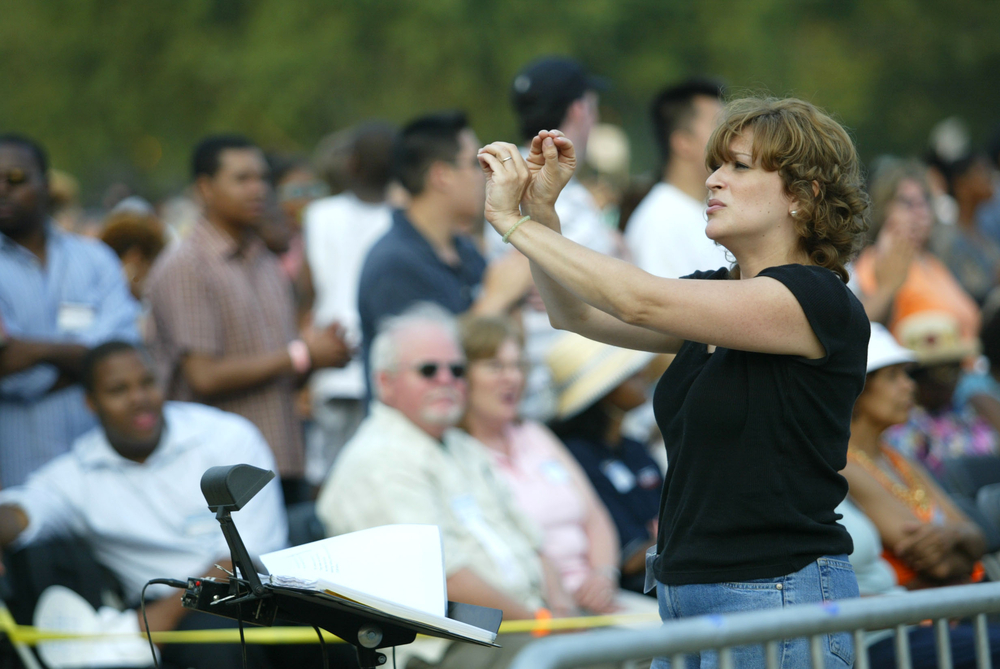3 Inspiring Retirement Stories – How to Stay Involved and Still Work Less

Dear Readers, It used to be that when you turned 65 you retired. You were done. You got your gold watch, and you moved on. Perhaps you played golf, sat back, enjoyed the grandkids, and spent more time visiting with friends and family. But you were basically done. It was black and white. You were […]
The Surprising #1 Capability that College Grads Need to get a Job

Dear Readers, This is the time of year that recent college grads are scrambling to find a job. I often get asked what they can do to best prepare for the job market. My recommendation is fairly unique. It is not the typical focus on problem solving skills, communication skills and perhaps computer skills. […]
How to live a creative life fueled by a practical career that brings home the bacon

Dear Readers, Lately I’ve been meeting some very creative, artistic people who have found a way to build a life with a sound financial foundation. Not easy. We all hear of the struggling artists, many of whom have day jobs that pay the bills, but are boring. But last week, while attending a writers conference, […]
Client Retention – Not Always Easy

Dear Coach Joan, I’m coming to the end of a 30 year account management career and need to transfer my clients to my partner or I lose out on my income payout for the next several years. The problem is that several clients are showing resistance to my partner even though they gave me very […]
